Farewell, My Friend!

It with great sorrow, but yet an honor that I write this post today as a tribute to my daughter’s boss’ wife and the mother of her supervisor. and who was also was an acquaintance of whom I was fond. Her name is Meredith and she passed away this week after a battle with MSA-P. Although I had originally written this in May and had included Meredith and her family as an inspiration, I have revised it as a tribute to a wonderful lady who kept me smiling and laughing and whose love of life and adventures has always been inspirational. I begin the tribute with the tribute her and will end with lessons learned form her and from the books featured in this post.
My Backstory Connections
The first time I remembered hearing about Parkinson’s was in 1984 when Muhammad Ali announced that he was suffering from the condition. I hate to admit it, but I didn’t pay much attention to the announcement; I didn’t understand it and I didn’t take it as a serious condition. Other than seeing Ali’s Cherry Hill home in the 70s while visiting family of a friend who lived nearby and seeing him at my husband’s graduation from Morehouse College, I had only seen him on television. I had no real connection to him or the condition.
Fourteen years later, one of my television favorites, Michael J. Fox told the public that he had been suffering from the condition since 1991. I still didn’t know much about the condition, but had heard more about it and had witnessed the symptoms that Ali was displaying. I think I had attributed it to him being a boxer; after all, he had been hit in the heads many times. When Michael J. Fox made his announcement, it caught me off guard. He was so young, 29.
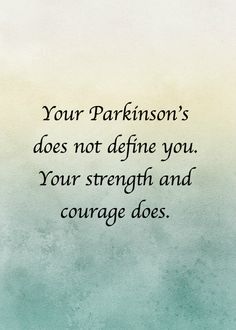
The Books
I’ve chosen two books for this post, “I’ll Hold Your Hand So You Won’t Fall: A Child’s Guide to Parkinson’s Disease by Rasheda Ali (with a forward by her father Muhammad Ali) and “A Day with Parkinson’s” by A. Hulquist with pictures by Joanne Lew-Vriethoff. Both books helped me to understand Parkinson’s more and did it in a simplified, easy to understand manner that was not “over my head.”

My Connections to the Topic
Still ignorant about Parkinson’s, I believed its victims’ lives, accomplishments and career were over. What were they going to do? Well, it appears they Michael J. Fox and Ali had a lot more to do. Not only did Ali’s shaking, diminished movement and limited speech not stop him. He became a self-appointed spokesperson for Parkinson’s, lit the cauldron during the 1996 Summer Olympics’ opening ceremony in Atlanta, he was awarded the Presidential medal of Freedom in a 2005 White House ceremony, and accomplished much more. Unfortunately, the world lost him when he passed on June 3, 2016.
Michael J. Fox continued acting, became a public speaker on the subject, founded the Michael J. Fox Foundation, wrote several books including one of my favorite all time titles, “A Funny Thing Happened on the Way to the Future: Twists and Turns and Lessons Learned! “Although limited with what he can and cannot do, he continues to make steps forward and make a positive impact on many through his actions and his Foundation.
The aforementioned acquaintances subconsciously impacted this post, but in all honesty I attribute the original post to my recent acquaintance with Nikki Drenth Louiselle, the administrator and blogger of “Just Shake it Off.” After reading her blog, especially her first one, I was inspired…inspired to learn more and to make changes in my life as it affects people I know. The revision is as I noted in my introduction, is in honor of and as a tribute to a friend who passed this past week.
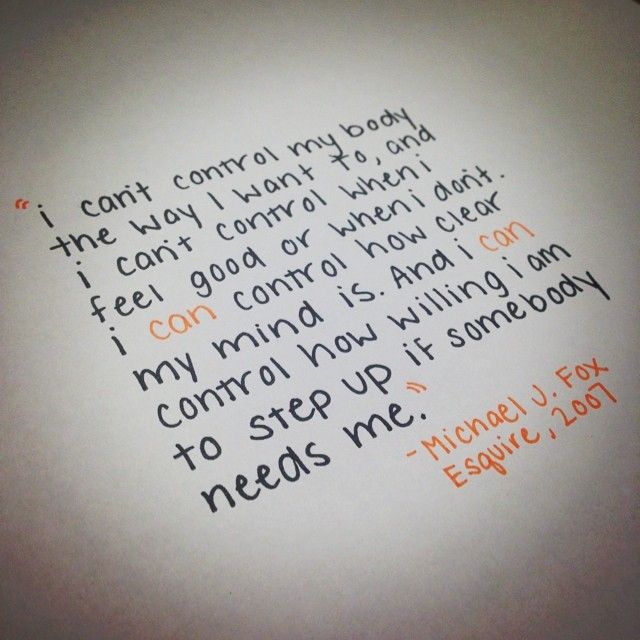
About the Books
If Rasheda Ali’s book, “I’ll Hold Your Hand So You Won’t Fall: A Child’s Guide to Parkinson’s Disease” had been published before 2005 and I had read it, I would have understood the symptoms and challenges people with Parkinson’s have and the uniqueness of the disease for each individual. I would have been less naïve about what restrictions there are and are not and that life can still be lived to the fullest extent possible for that individual. Additionally, if I had known about and read the book, I would be more knowledgeable of the illness. I would have been more cognizant of the effect the illness has on family, friends, partners and others. Ali’s book opened my eyes to the illness and the effect on the victim and their family and friends. I love how she includes a video/CD Rom with a special message with each book and how she includes notes on “How to use this book.” Her tips on using the book includes utilizing the illustrations as “displays of aware of the effect it had on movement, facial express, speaking, walking and all other aspects of symptoms typical scenarios” related to family life with a patient suffering with Parkinson’s. Another thing I love is how she divides her content list. Every two page spread focuses on a symptom, a treatment or a family members, and a full page illustration related to that relative symptom, treatment and challenge. Ali, having personally experienced Parkinson’s with her dad, makes it child friendly and uses terms like my dad, my grandma, my grandpa, and my family; sharing that family support, understanding and communication is important. Each section offers a “Speaking with Your Child” sections where potential questions of inquirers are listed. Beneath that section is a “Facts” section where she presents the facts that answers the posed question(s).
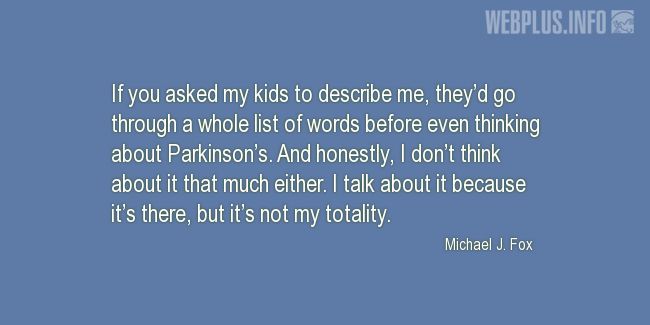
Lessons Learned from Experiences
I wish that I had read the books before now, but can say that better later than not at all. By reading the books, I’ve grown. I’ve become less isolated and more connected to the symptoms and effects that the condition has on others. This newfound understanding has helped me to improve my understanding of what Meredith and her family have been experiencing. She began showing symptoms that were later diagnosed as Parkinson’s around 2014. By 2016, the symptoms had become almost debilitating. As her symptoms became critical and to the point where she was no longer able to move or speak, medical experts expanded her diagnosis from Parkinson’s to MSA-P.
Before and after Meredith’s diagnosis, her family made sure she was able to experience life to the fullest and helped her realize many of the things on her bucket list. Her husband bought a tandem bike that they rode together when she still had movement. Her husband and a friend traveled abroad on extended vacations. Time was spent doing some of her favorite things; they traveled, went camping, had gatherings, and celebrations. She even got a tattoo. They took road trips and excursions.She loved SMART cars and had one that was totaled in an accident, her husband bought her another SMART car since she loved them so well. She loved riding around in it. I am inspired that her family made sure she enjoyed life and made sure the love and respect she had always valued was demonstrated in actions as well as words. Although she lost the power of speech, conversations were not ceased; they were enhanced. Experiences related to her interests and hobbies were not just a reminiscence, they were continued adventures. She got her tattoo, traveled abroad, traveled across country in an RV, and with help, participated in a 6K race.. A little over a month ago when I asked about her well-being, I promised I would stop by and visit her; I hate to admit I had planned on doing it this summer, but unfortunately procrastinated too long and missed my chance, so this tribute is my homage to a courageous, ever-smiling, woman who inspired so many. I will always remember the woman, the friend, the “Queen.” I will always remember Meredith.

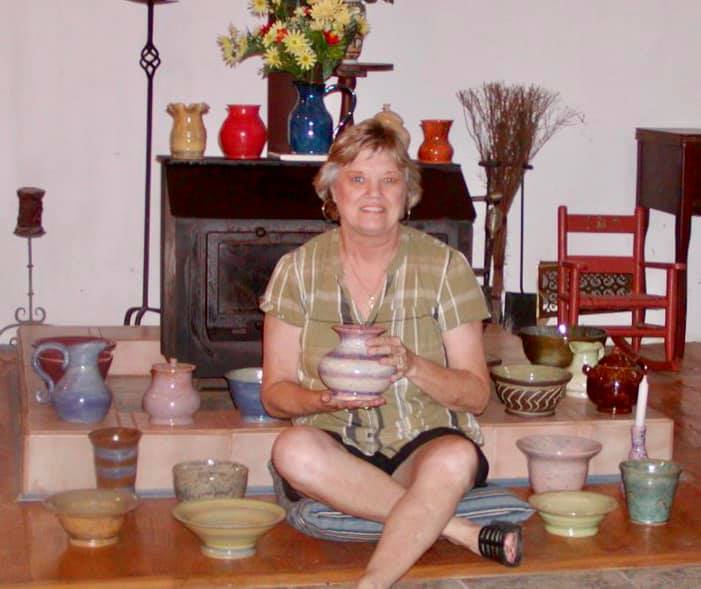
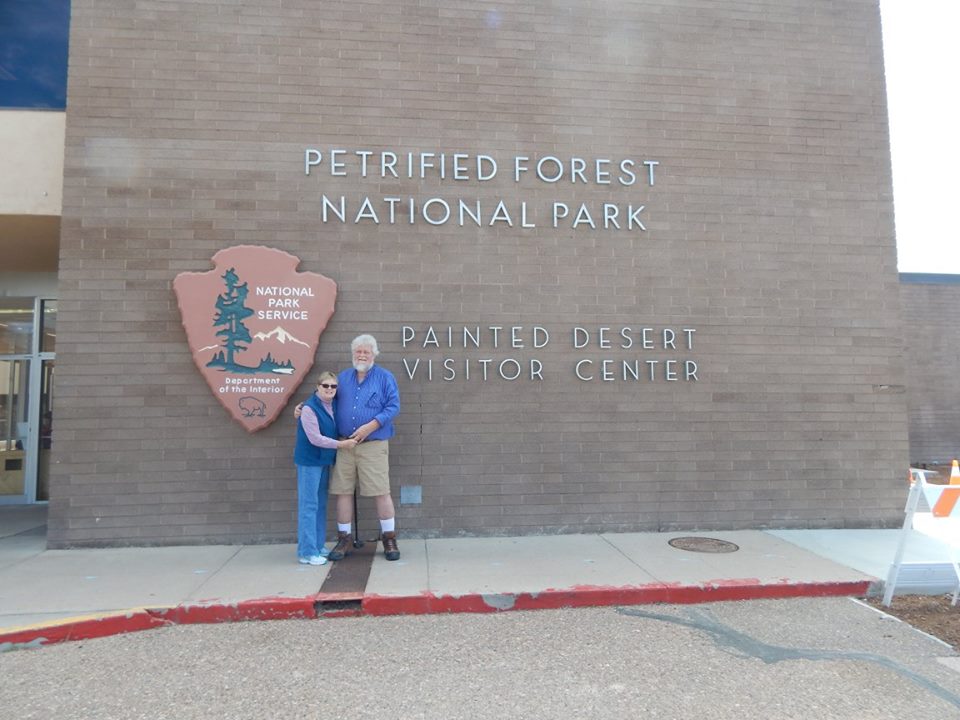

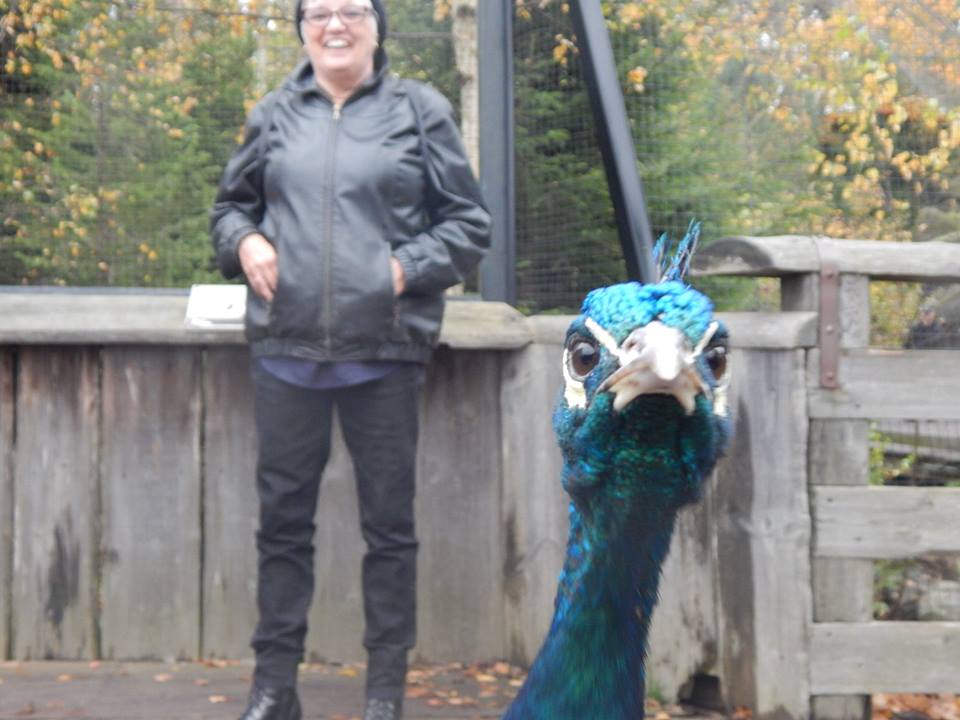
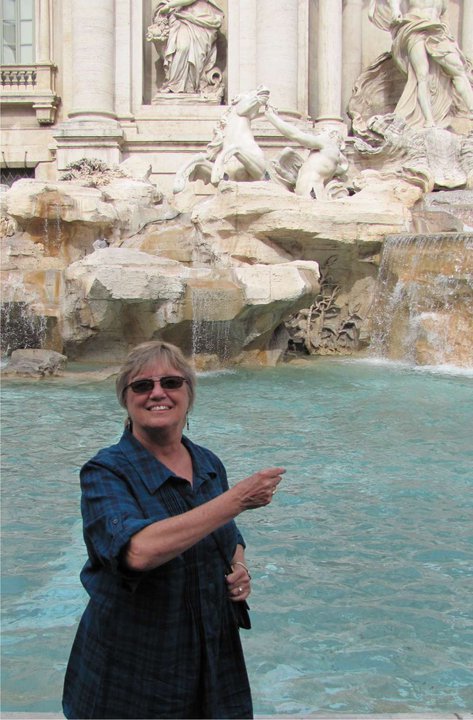
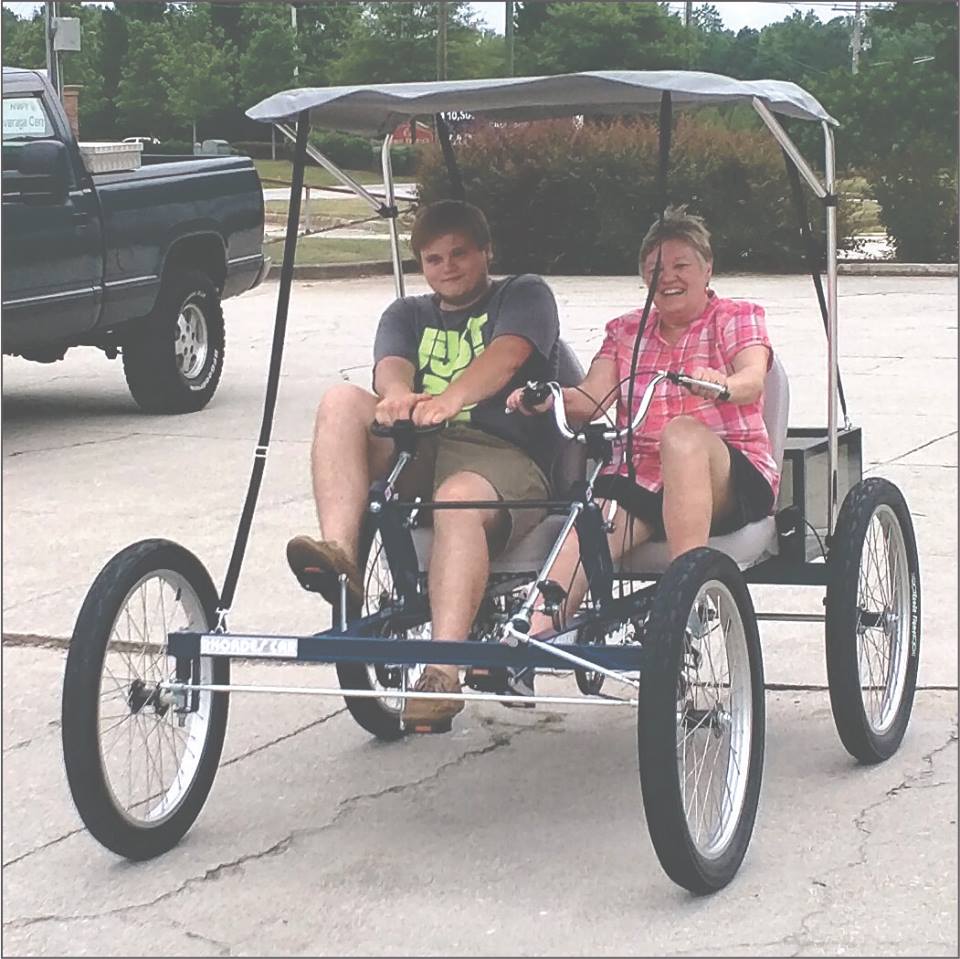


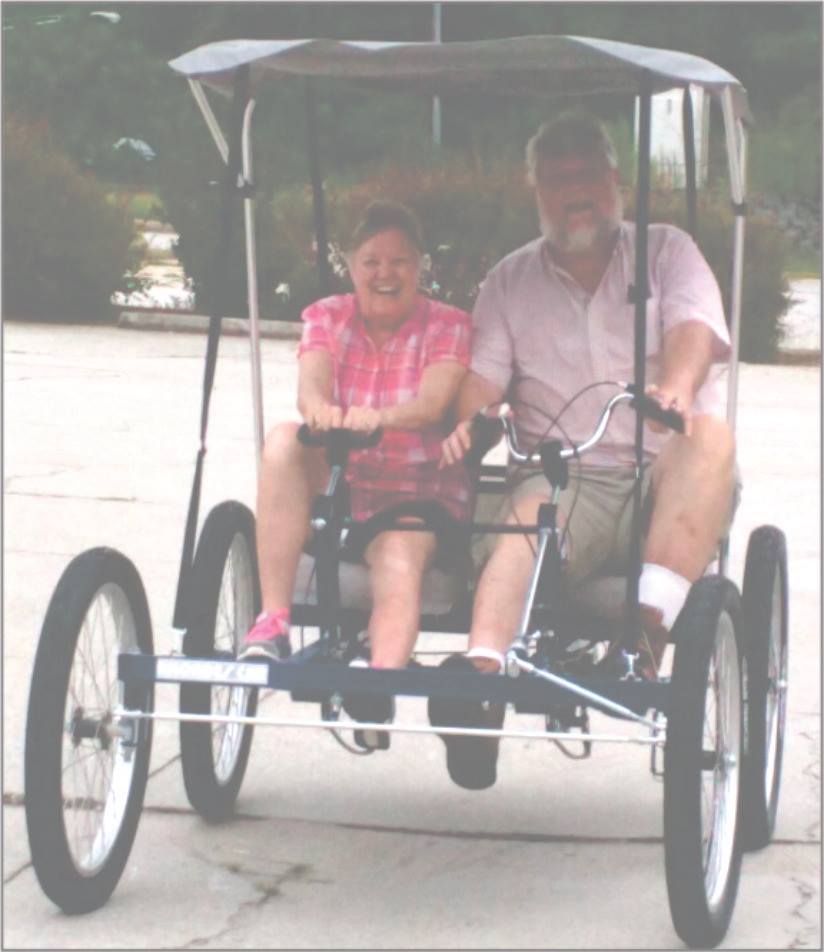
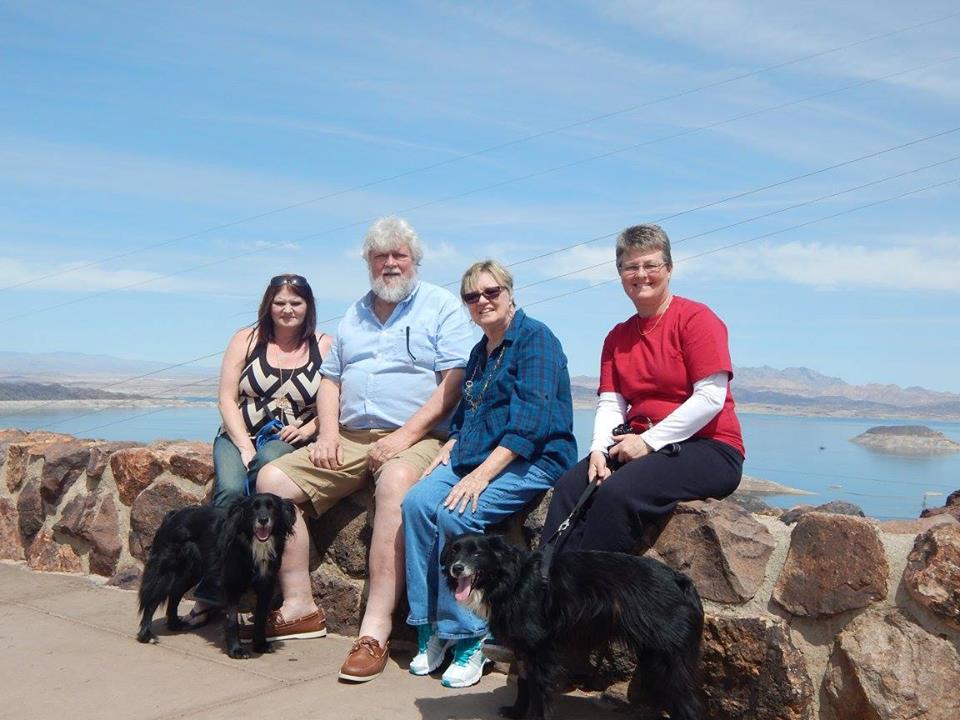
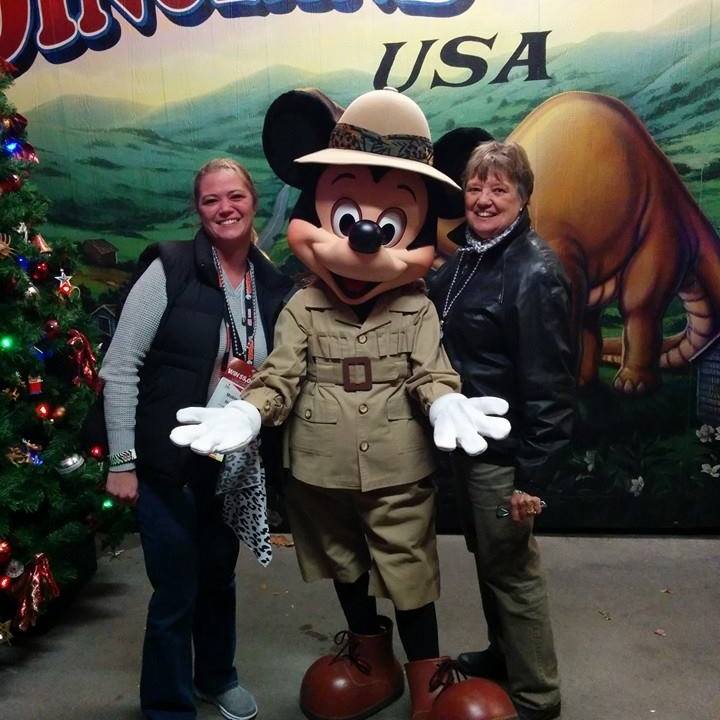
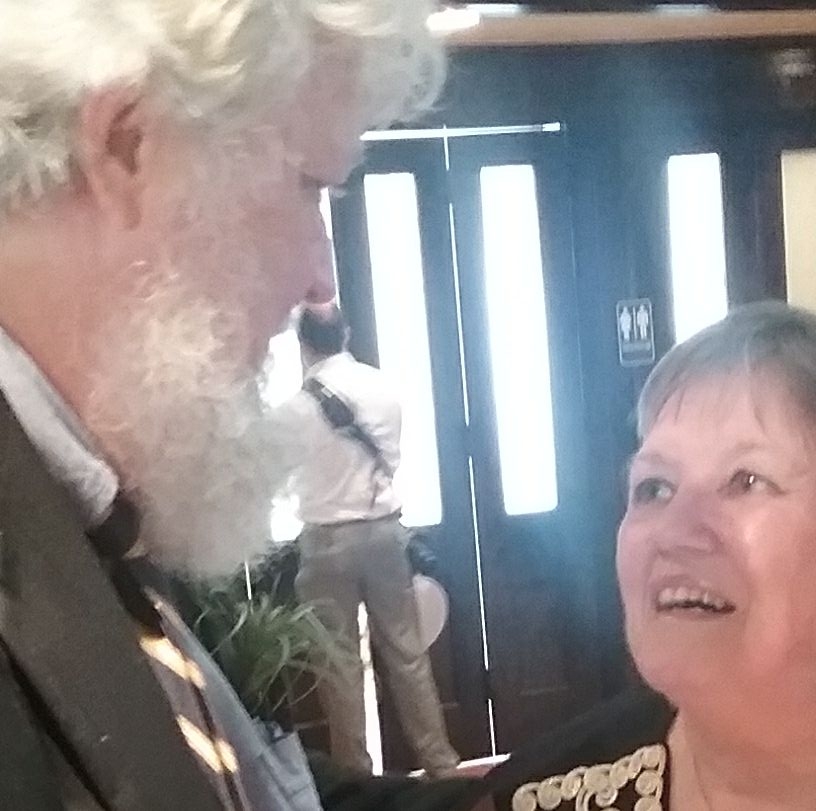
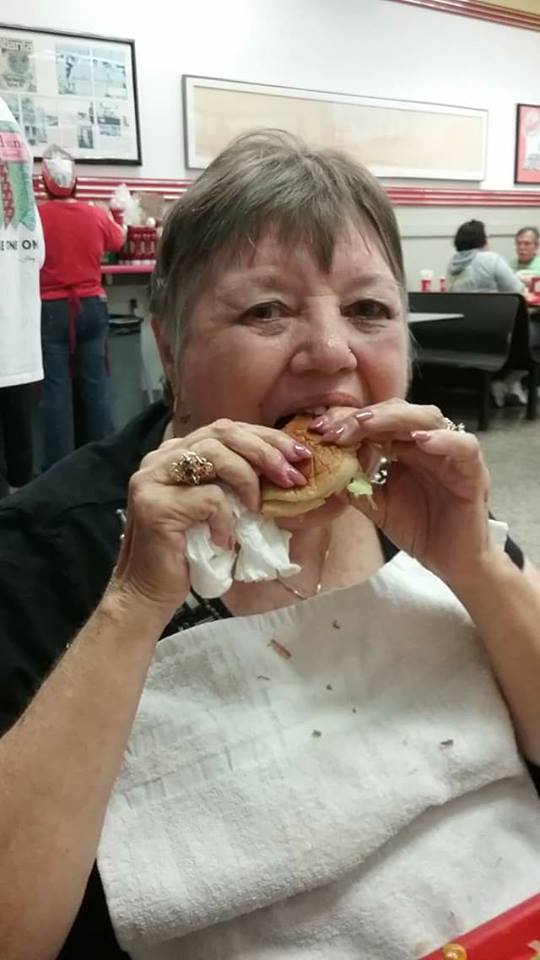
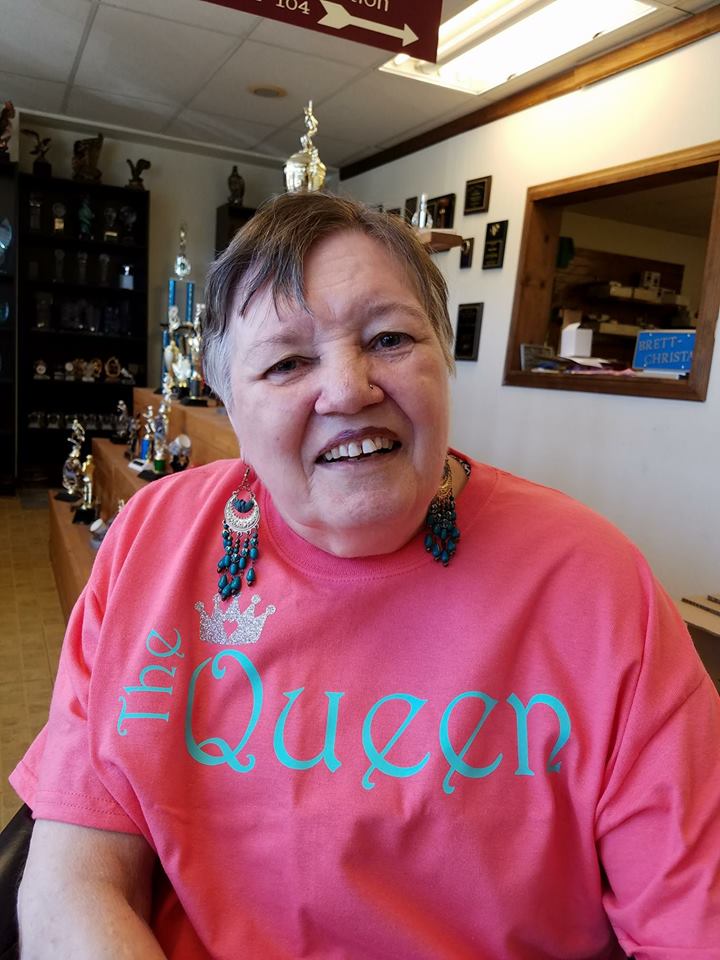

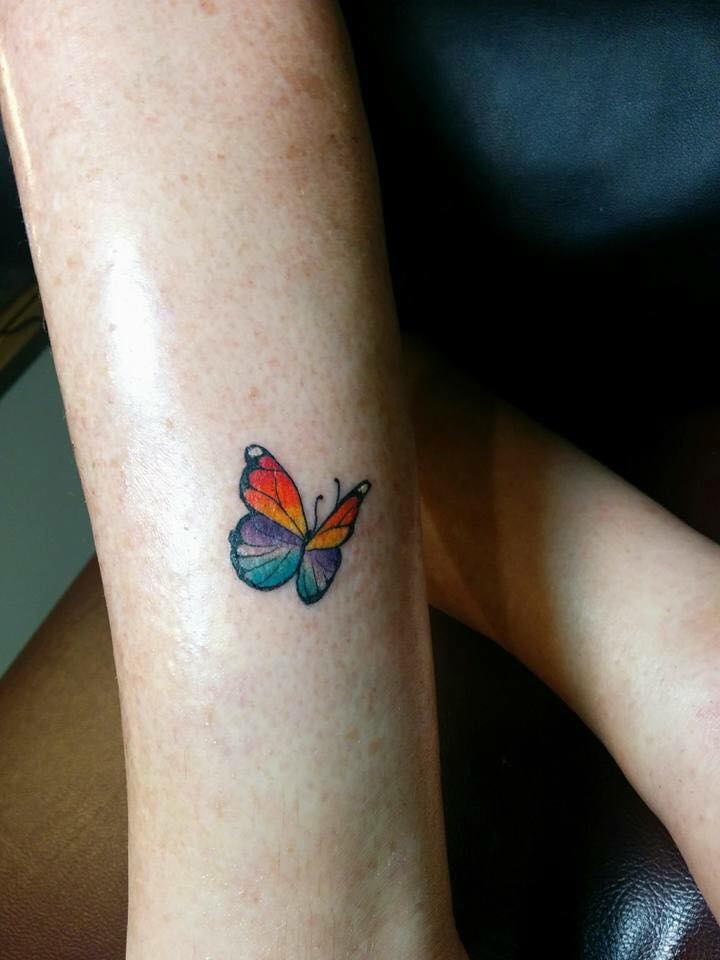

Beautiful butterfly deam picture
More Book Reflections
In “A Day with Parkinson’s” young Noah experiences how Parkinson has changed his grandfather. Ever since Grandpa got Parkinson’s, Noah notices the symptoms and although at first frustrated, he learns a lot about the changes and in conversation with his grandfather learns some important information. Although Noah realizes that his grandfather sometimes can’t control his body’s shaking, doesn’t have as much energy, can’t always express his emotions, moves slowly, has trouble with speech, and can’t move, he also learns that there are still things his grandfather knows and can do and most importantly that he is loved as much now as before. At the end of the book, the author includes additional notes from a Clinical Neuropsychologist, as well as tips on how to talk to children about Parkinson’s.
About a month ago, my husband and I were in heavy discussion about a continuing education learning opportunity that he pursued through Summit Professional Education. Although he could have chosen from many different courses with many locally here in Georgia, he decided to drive 10 hours away to Kendall, Florida to take a course called “Parkinson’s Disease Toolbox.” Why this course? Why Kendall? Well, he was originally scheduled to attend the one in Miami, the day before but due to his patient load, he had to change from Friday to Saturday. Regardless, he purposely looked for courses on Parkinson’s so he, as a physical therapist, could improve on his patient care with his patients with Parkinson’s. We drove to south Florida because it appears to be the only location where the learning opportunity is offered.
The trip was great! We drove straight there after he finished work, arriving just in time for the beginning of the course. While he was in the course, I took these beautiful pictures of the hospital and the lake on the property,
The Impact of Lessons and Experiences
Both of these books have made me a better listener, friend, family member and person. Knowledge is power. My new sense of awareness inspires me to write this post, read more and become more involved. I welcome any additional ways to engage a person, group or class, as well as other ways to connect the books beyond what I’ve included. Because of these two books, Meredith and her family, and my “Just Shake It Off” friend, I am more aware; I’ve grown. Today is a good day for me and I look forward to helping my friends and acquaintances with Parkinson’s , their family and their friends have more good days. You also can! Join me!
Whatever you do and whomever you share this our goals are to support those with Parkinson and similar conditions continue to do many of the things they have always enjoyed; to introduce them to new interests and experiences that peak their interest; and to love who they are because they still are.
Engagement
- Before reading the book, ask children if they know anything about Parkinson’s. A K-W-L (K-What I know about Parkinson’s; W – What I Wonder about Parkinson’s; and L – What I learned about Parkinson’s) activity is great here. For those not familiar with K-W-L’s, the L won’t take place until after reading the book(s).
- Read the book. Don’t be afraid to look at the lighter side of Parkinson’s. I was afraid to do this until my blogger friend who writes “Just Shake it Off” shared her lighter side perspective.
- Research games and fun activities that a person with Parkinson can do.
Connections
- Brainstorm ways they can help a person with Parkinson’s, especially if the person lives with them or they spend time with the person.
- Put together games and activities that you can do with your Parkinson’s person. Do them.
- Participate in creative activities like reading (listening to them read, listen with them as they listen to audiobooks, reading theatre, read aloud, choral reading), art (painting, sculpting, drawing, crafts, scrapbooking), music (singing, listening to music, playing an instrument, dance and movement), looking at pictures, sports, outings, writing. Share with them my friend’s postings on “Just Shake it Off” where she is sharing her fight with and disdain for Parkinson’s disease.
- Remember depending on each person’s hobbies, interests, symptoms, and progression, the sky is the limit to what he/she can do.
- Keep a journal of your personal experiences with a person suffering from Parkinson’s or keep a journal for them if they can’t write. Help them write journals, essays, books, or whatever else they want.
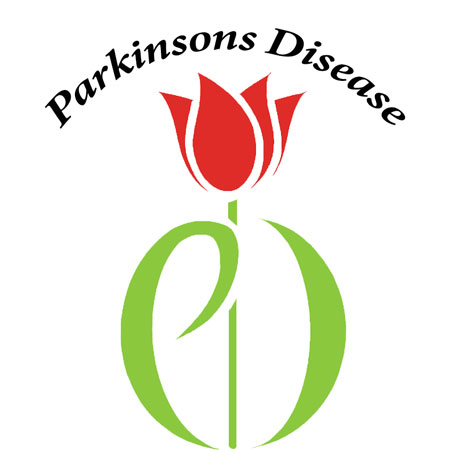
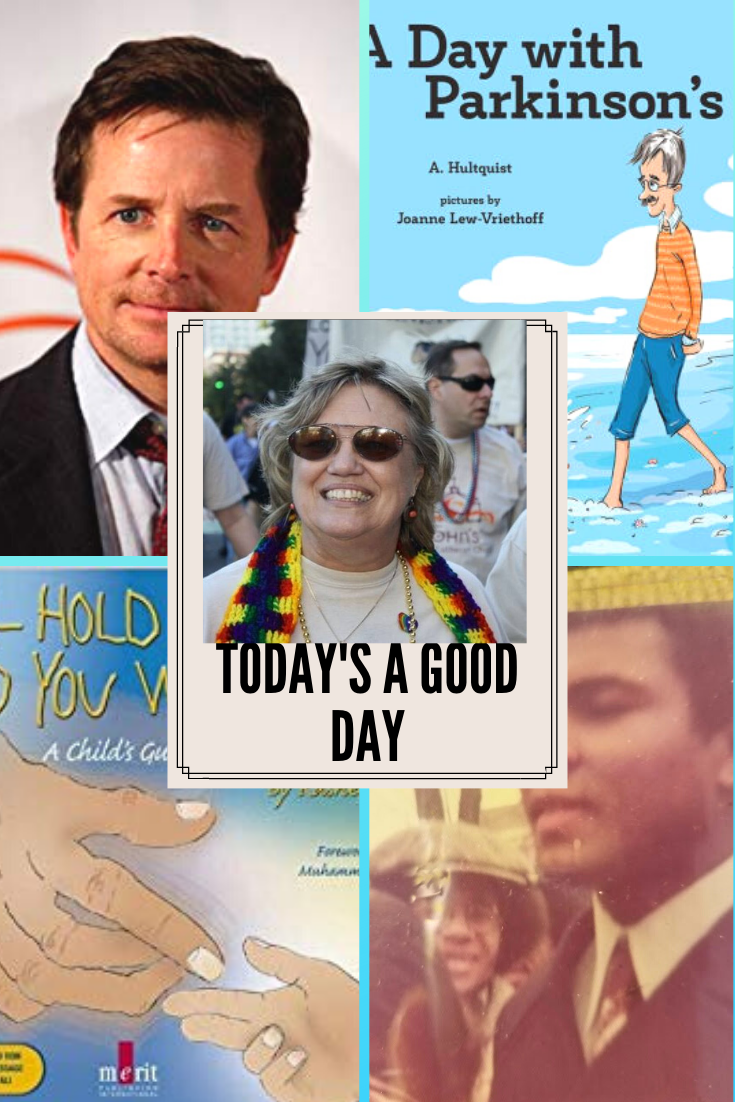
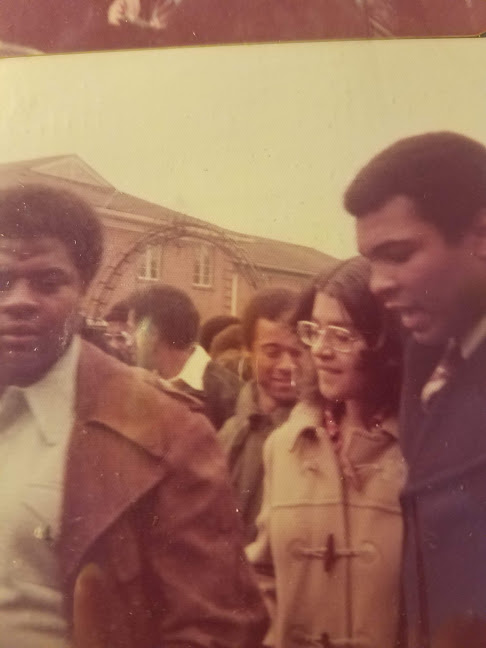
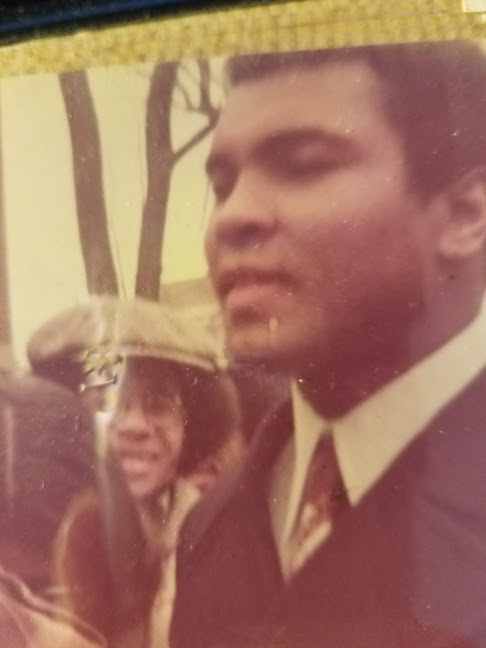
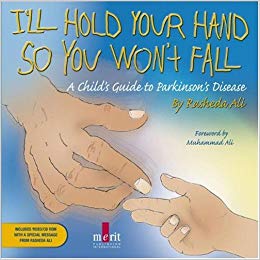
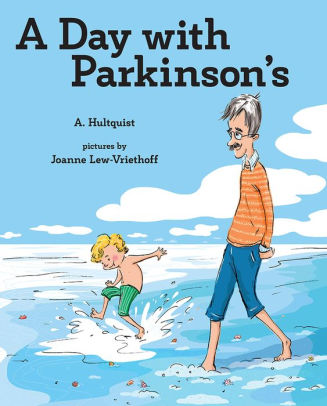
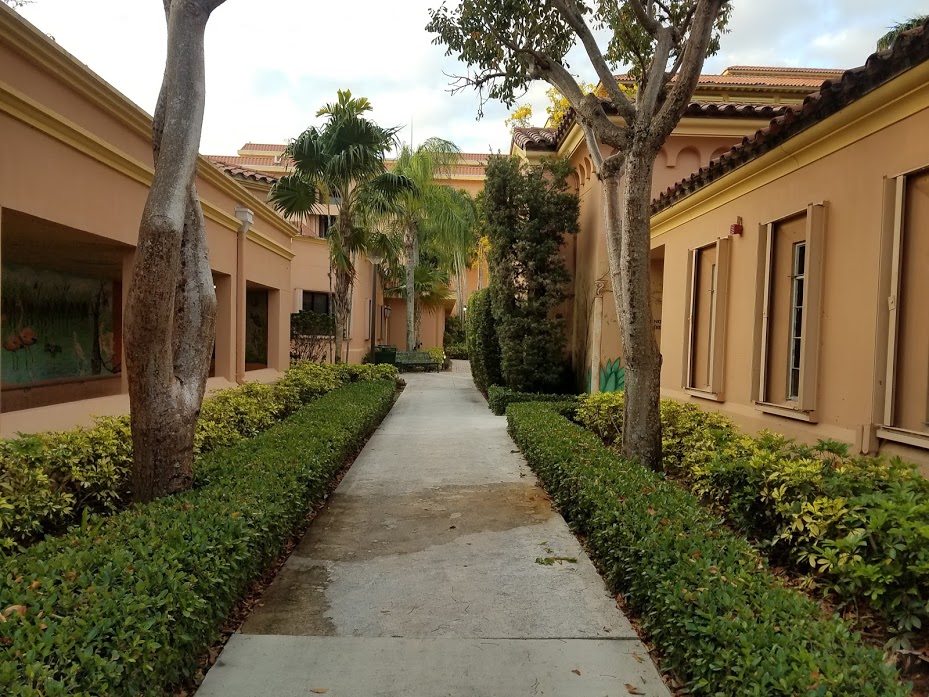
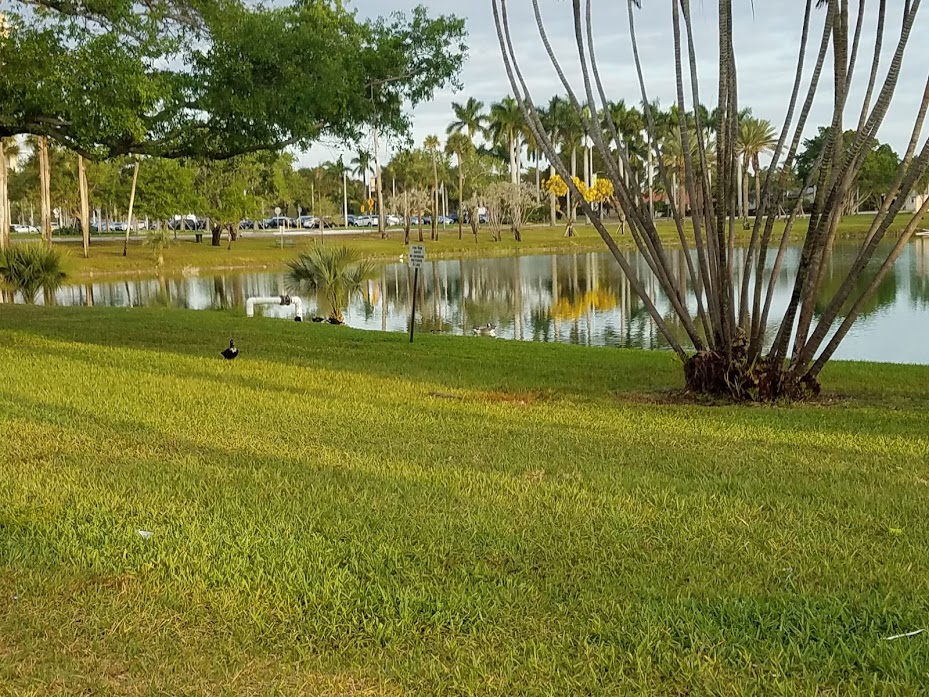



First of all I would like to say fantastic blog! I had a quick question which I’d
like to ask if you don’t mind. I was interested
to find out how you center yourself and clear your thoughts before writing.
I have had a difficult time clearing my mind in getting my thoughts
out. I truly do enjoy writing however it
just seems like the first 10 to 15 minutes are lost
just trying to figure out how to begin. Any recommendations or tips?
Thanks!
Thank you for your comments. To answer your question, sometimes my thoughts come pouring; probably because many are based on actual experiences. I have had to brainstorm on some because too many thoughts are present. I sometimes rewrite, change feature book or put aside for another post. An example of one post turning into more than one were the Atlanta Botanical Garden posts. I ended up putting my thoughts into three posts using Alice in Wonderland, The Secret Garden and multiple mythology/fantasy books. Try brainstorming, graphic organizers and even outlines. They mmay help.
Write more, thats all I have to say. Literally, it seems as though you
relied on the video to make your point. You obviously
know what youre talking about, why waste your intelligence on just posting videos to your weblog when you could
be giving us something enlightening to read?
Not sure of what you mean, since I did not include a video in this post. Sorry you are disappointed.
Hello! I could have sworn I’ve visited this site before but after going
through many of the posts I realized it’s new to me. Regardless,
I’m certainly happy I discovered it and I’ll be bookmarking it and checking back often!
Thank you. I am glad you found and have bookmarked it. You may want to consider subscribing to get notification and a soon to be developed, newsletter.
I just want to tell you what a wonderful read this blog was. I have personally never known anyone with this disease, yet your blog held my focus and gave me such great insight into it. As someone who suffers from my own disability I could connect with the stories shared of not allowing the disease to rob people of their life. Thank you for sharing such an informative and heart warming blog.
Thank you for taking the time to read this blog and even more, for commenting. It was one of my first and although originally queued, I published it after losing our friend. While writing them, I met someone in my first challenge who also inspired me. I am glad you are not allowing the disease to rob you of who you are. Thank you for sharing!. Have more good days…have more better days!
Very interesting information. I like the way you present it. I’ll be back to read more.
Thank you very much! I appreciate you taking the time to not only read the post, but to also comment. It means a lot to me.
I just want to say my condolences to your wonderful friend. This was a great read.
Thank you very much! She was full of joy. The impact she had on anyone she met was second to none. So many lives lost this year! Please stay safe out there!
This article was very informative. I appreciate the kid friendly materials that you shared since I’m an educator and will pass these book titles on to fellow educators for story time.
Thank you! There are so many great books out there and so little time. If interested in others, please check out my bookstagram at http://www.instagram.com/literarilymyway. Feel free to share any items you want. Love my fellow educators! Stay safe out there and continuing making the difference you are. Thank you for your service!